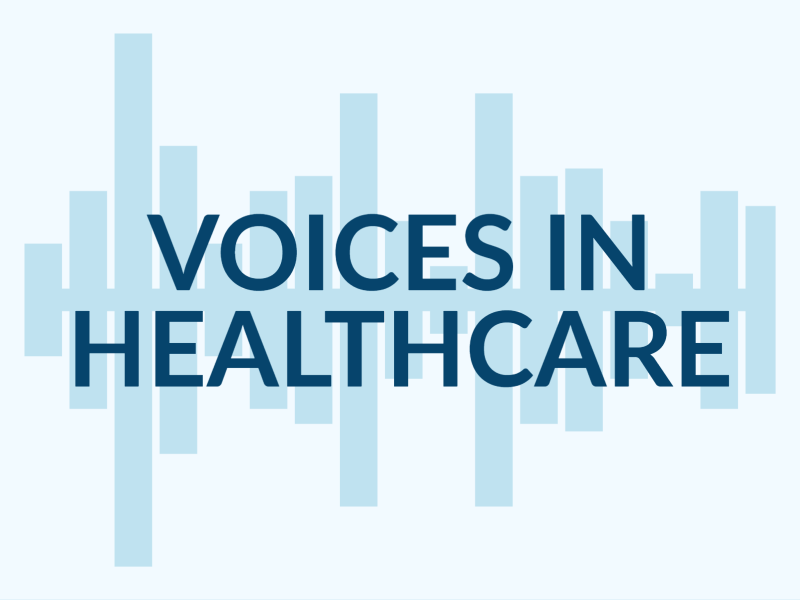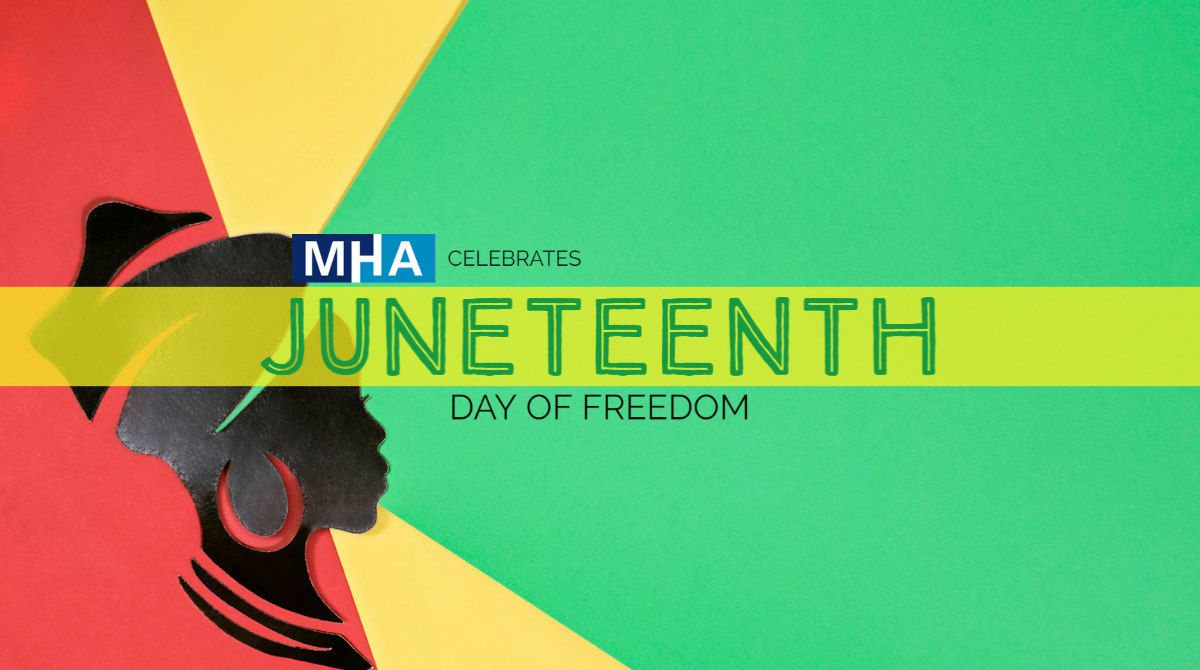Juneteenth: Commemorating with Intention


This Monday Report column was written by MHA’s Vice President of Health Equity Izzy Lopes.
Juneteenth, a portmanteau of “June” and “nineteenth,” is the federal holiday to acknowledge and commemorate the emancipation of enslaved people in the United States. It is a day to honor the contributions, culture, and experiences of Black people in the country. It was on June 19, 1865, that enslaved people were declared free in Texas – a holdout state that continued slavery even after the Emancipation Proclamation and the Civil War itself. With jubilant yells and cries ringing through the air, and kisses exuberantly doled on tear-streaked cheeks, Black people could finally envision a different life for themselves — a life that, until that moment, seemed unfathomable and out of reach, a life of freedom. The Juneteenth celebration in Galveston, Texas, reverberated throughout the country over the years, until June 19 was recognized as a national holiday in 2021. And although strides have been made to undo the brutal legacy of slavery, its political, economic, and social effects remain pronounced, persistent, and pervasive.
Juneteenth is an opportunity to reckon with these effects and engage in meaningful conversations to better understand and address the entrenched ideologies that uphold structures that propagate and promote racism, and which, by default, perpetuate inequities.
Although Juneteenth is regarded as the second Independence Day of the U.S., many Americans do not know its significance nor what it means to commemorate the day. Similarly, many organizations are still identifying the most meaningful ways to acknowledge this historically significant day.
So what does it mean to “commemorate” Juneteenth? How can organizations meaningfully and willfully show honor for the day in a way which exceeds performative acts and goes beyond the actual day? Although there is no correct answer to this question, one way would be for them to engage in discourse that allow difficult conversations about the genesis for Juneteenth to take place. To this end, organizations, both within and outside of healthcare, can:
- Create ongoing opportunities and safe spaces for staff to engage in conversations about race, racism, and racial justice.
- Engage with the community and/or community partners in meaningful dialogues about the effects of systemic racism and the organization’s strategy in approach in addressing disparities.
- Engage with staff and the community to create an anti-racism statement and/or consider an anti-racism pledge.
In reflecting on Juneteenth this year and beyond, it is vital that we go beyond “passive moments of reflection” and use Juneteenth as a transformative opportunity. Only then will we able to realize an equitable and just care ecosystem and society.

 Massachusetts Health & Hospital Association
Massachusetts Health & Hospital Association